Core units
You will study the following core units:
Launch
This intensive production primer exposes you to a fast turn-around experience that mirrors many TV industry environments. Accentuating collaborative skills, it will test your flexibility and resilience as you respond in small groups to a prescribed commissioning target and changing external conditions. At the end of the week, teams will pitch their outcomes for the chance of winning the hypothetical commission.
Screen Stories
You’ll be introduced to the fundamental structure, tropes and mechanisms that are common to human stories and that influence the content we watch. Expressed through enquiry into diverse global examples, you will interrogate your response to these narratives, arriving at a clearer sense of your own dramatic voice, while applying screenwriting craft for yourself. By researching ideas, developing them into a defined story concept and expanding this into an original short screenplay, you will examine the process through your own writing.
Equality Diversity and Inclusion
The unit provides an opportunity for you to explore what is meant by equality, diversity, and inclusion and the implications of these concepts for creative practice. It will equip you to understand how our social identities (such as, gender, race/ethnicity, class, disability, sexual orientation, and religion) contribute to the inclusion and/or exclusion of individuals in creative spaces.
Digital News
You will be introduced to the role of the media and its influence on the narratives we develop for understanding our social world, taking perspectives on the future, and the importance of journalistic storytelling. You’ll be required to research, plan and produce a short news or current affairs item for multi-platform transmission. Working as a group, you will write, visualise and strategise your production, taking into account the demands of broadcasters, expectations of global audiences, landscape of regulatory compliance and technicalities of distribution.
Opportunity Week – Aspirations
Opportunity Week introduces ATOM Activities – see below - while challenging students to research a career path and route to industry that may guide their forward journey. Using your findings, and the findings of your peers, you’ll build a career map that expands your awareness of available careers across activities such as scripted and unscripted, craft and technical, editorial and production, sales and exhibition.
Script to Screen
Building on the experience of the Screen Stories unit, you’ll now focus on the interpretive and collaborative skills required to translate script to screen. Adopting one or more significant head-of-department roles, you will contribute to the realisation of a longer, more detailed dramatic short film from an existing screenplay. Directing, cinematography, production and sound design, casting, editing, effective planning and working to a tight schedule will be critical to the project.
Unscripted: Factual Entertainment
Factual entertainment is a broad category that has emerged to command huge global appeal, with successful formats traded and remade the world over. You’ll be challenged to research and devise a high-concept, unscripted proposal in response to a commissioner brief. This calls for ideas that grab attention in the broadcast schedule but also cut through on streaming platforms. It is an opportunity to think outside the box and invent the next genre-busting format that reflects contemporary concerns of large sections of the population in enlightening, entertaining and accessible ways.
Personal story
You’ll reflect on your first-year achievements, recalibrate ambitions for industry and set the targets that will help to achieve them. You’ll develop an online showcase for your individual aptitudes and experiences and be supported to devise a Personal Development Plan that clarifies your way forward. Together, these two elements comprise your Personalised Learning Experience (PLE) digital outcome.
ATOM Activities
ATOM activities are tiny pieces of individual learning that facilitate interdisciplinary exposure across the university. Collectively they form a small fraction of your curriculum that is determined through your own personal choice and interest.
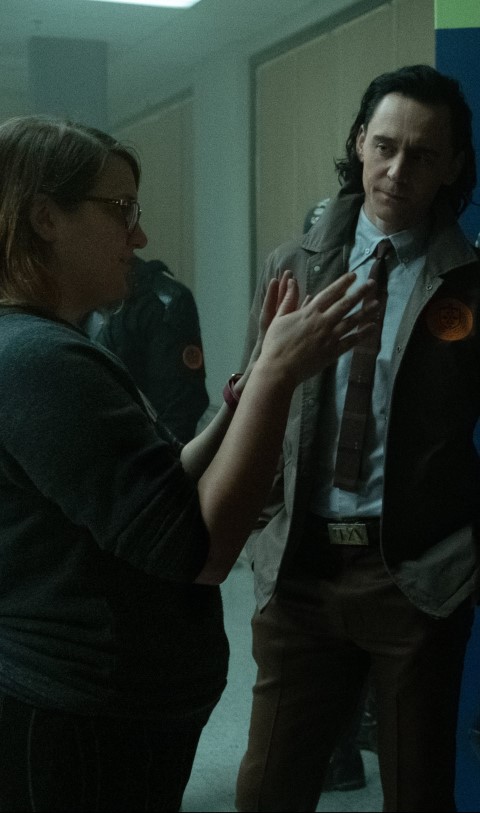


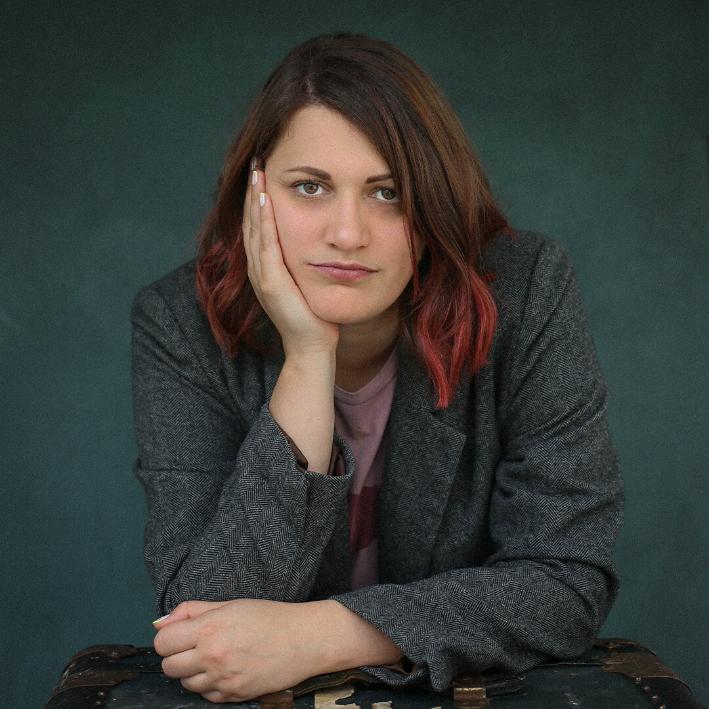
 ">
">
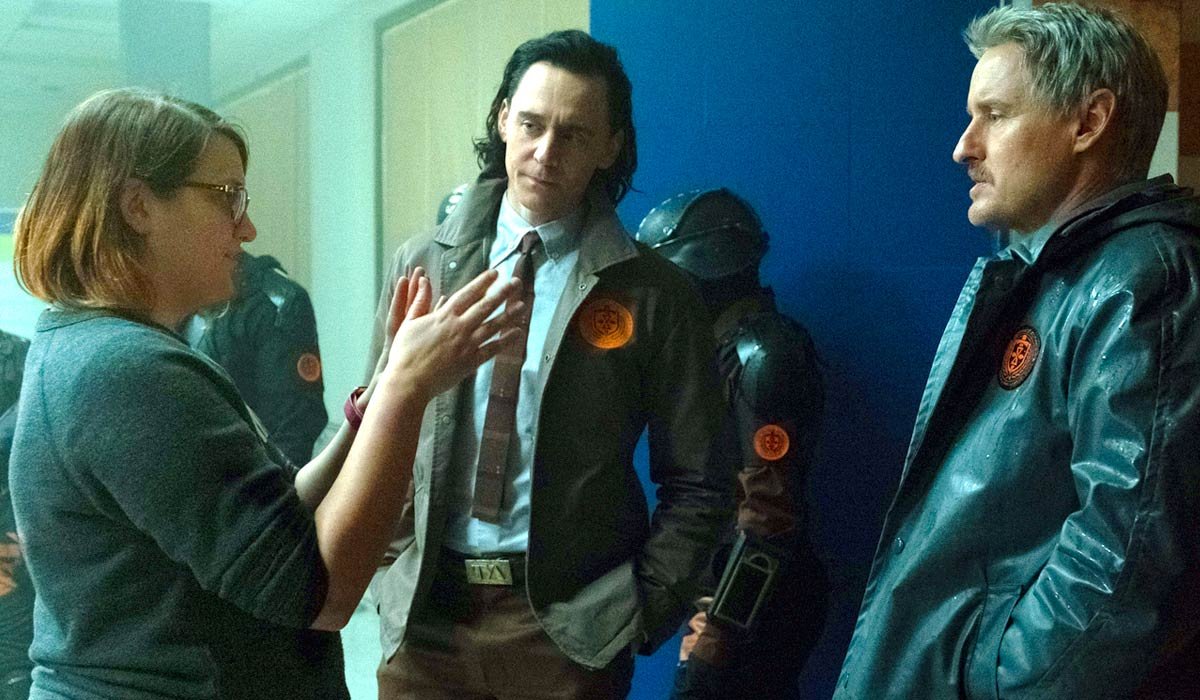

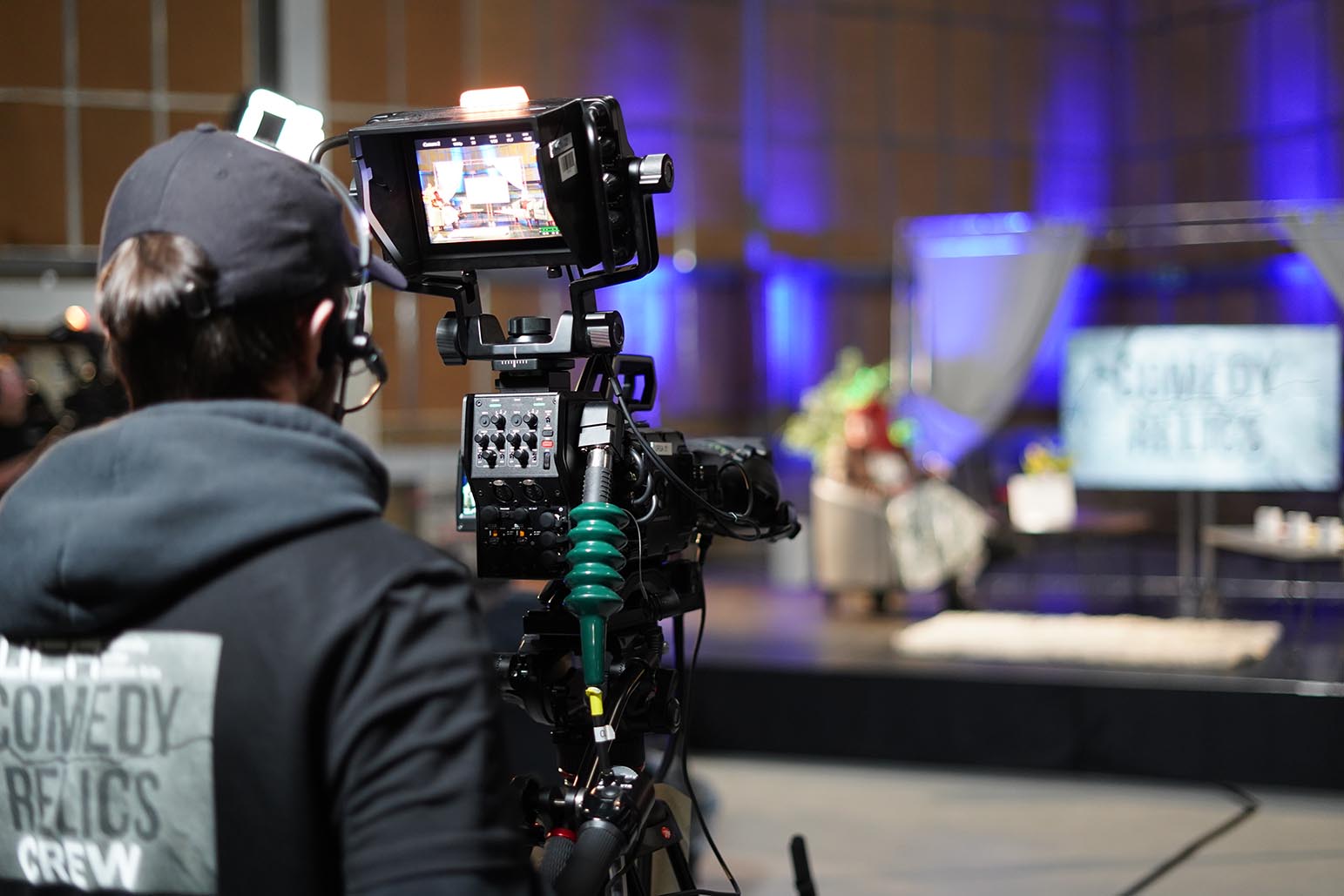
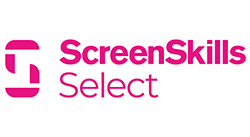
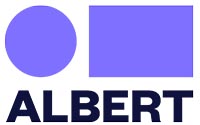
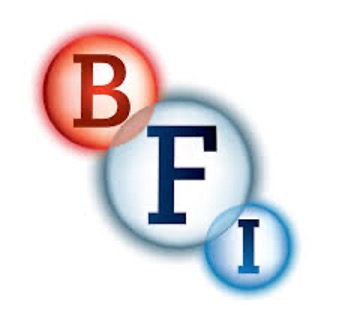
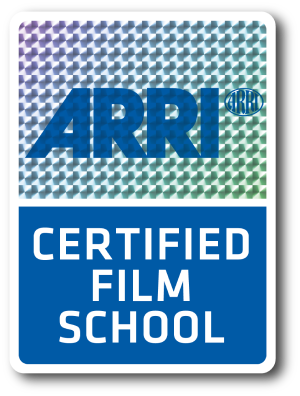
/prod01/channel_8/media/marketing-media/student-work/undergrad-courses/television-production-maidstone-tv-studio/BA-TV-Production,-Maidstone-Studios.jpg)
/prod01/channel_8/media/marketing-media/facilities-imagery/maidstone-studios/Maidstone-Studios_3.jpg)
/prod01/channel_8/media/marketing-media/student-work/undergrad-courses/television-production-maidstone-tv-studio/2018/BA-(Hons)-Television-Production,-Maidstone-Studios-3.jpg)
/prod01/channel_8/media/marketing-media/student-work/undergrad-courses/television-production-maidstone-tv-studio/2024/Hollie-Gregory-_-Lewis-Yates_-BA-_Hons_-Television-Production_-Maidstone-Studios_Still-2-copy.jpg)
/prod01/channel_8/media/marketing-media/student-work/undergrad-courses/television-production-maidstone-tv-studio/2023/Katie-Doe_-George-Walters_-Dov-Linkus_-BA-_Hons_-Television-Production_-Maidstone-Studios.jpg)
/prod01/channel_8/media/marketing-media/student-work/undergrad-courses/television-production-maidstone-tv-studio/2023/Ellie-Beckett_-BA-_Hons_-Television-Production_-Maidstone-Studios_1.jpg)
/prod01/channel_8/media/marketing-media/student-work/undergrad-courses/television-production-maidstone-tv-studio/2023/Behind-the-Scenes_-BA-_Hons_-Television-Production_-Maidstone-Studios_2.jpg)
/prod01/channel_8/media/marketing-media/student-work/undergrad-courses/television-production-maidstone-tv-studio/2024/Ryan-Perry_-BA-_Hons_-Television-Production_-Maidstone-Studios_BTS-1.jpg)
/prod01/channel_8/media/marketing-media/student-work/undergrad-courses/television-production-maidstone-tv-studio/2023/Behind-the-Scenes_-BA-_Hons_-Television-Production_-Maidstone-Studios_3.jpg)
/prod01/channel_8/media/marketing-media/student-work/undergrad-courses/television-production-maidstone-tv-studio/2024/Hollie-Gregory-_-Lewis-Yates_-BA-_Hons_-Television-Production_-Maidstone-Studios_Still-1.png)
/prod01/channel_8/media/marketing-media/student-work/undergrad-courses/television-production-maidstone-tv-studio/2024/Dana-Ben_-BA-_Hons_-Televison-Production_-Maidstone-Studios_Still-2.jpg)
/prod01/channel_8/media/marketing-media/student-work/undergrad-courses/television-production-maidstone-tv-studio/2024/Layla-O_Callaghan_-BA-_Hons_-Television-Production_-Maidstone-Studios_BTS-1.jpg)
/prod01/channel_8/media/marketing-media/student-work/undergrad-courses/television-production-maidstone-tv-studio/2023/Rose-Reber_-Anouk-Jansen_-Joey-Main_-BA-_Hons_-Television-Production_-Maidstone-Studios.png)
/prod01/channel_8/media/marketing-media/student-work/undergrad-courses/television-production-maidstone-tv-studio/2017/2nd-Year-Studio-Production.-TV-Production.-Maidstone-Studios.jpg)
/prod01/channel_8/media/marketing-media/student-work/undergrad-courses/television-production-maidstone-tv-studio/2020-2022/Will-Crump,-BA-(Hons)-Television-Production,-Maidstone-Studios_2021_2.jpg)
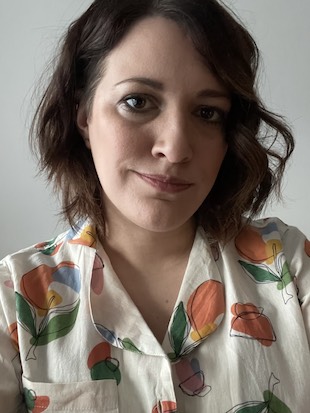
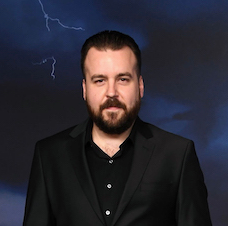



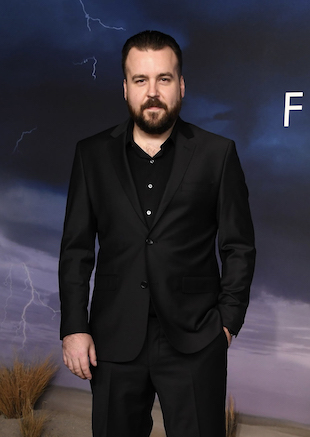


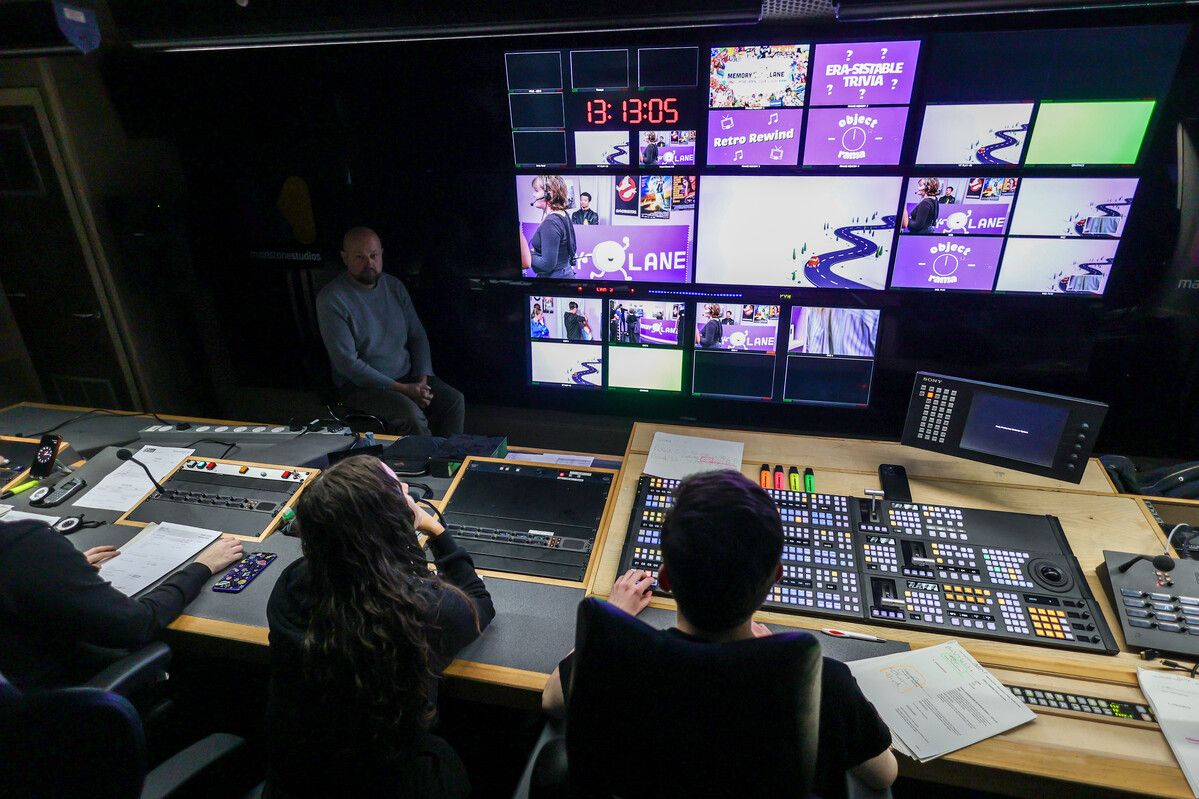
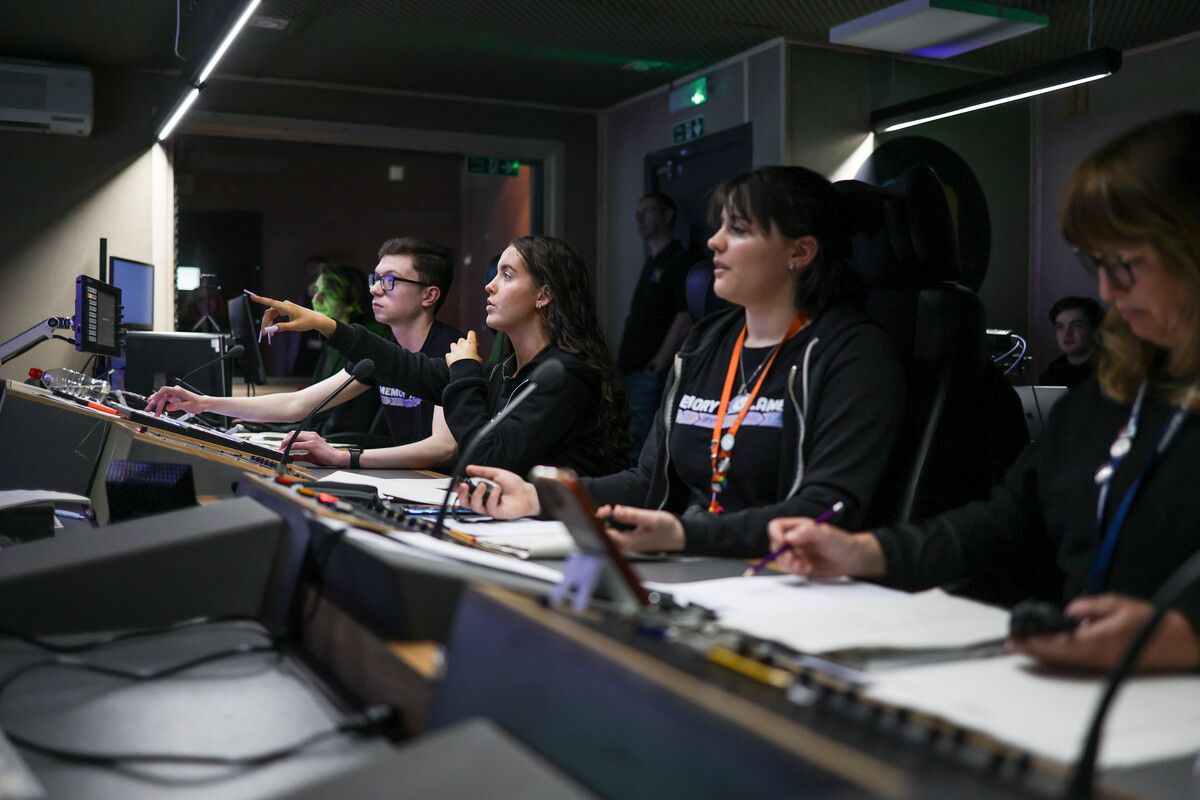
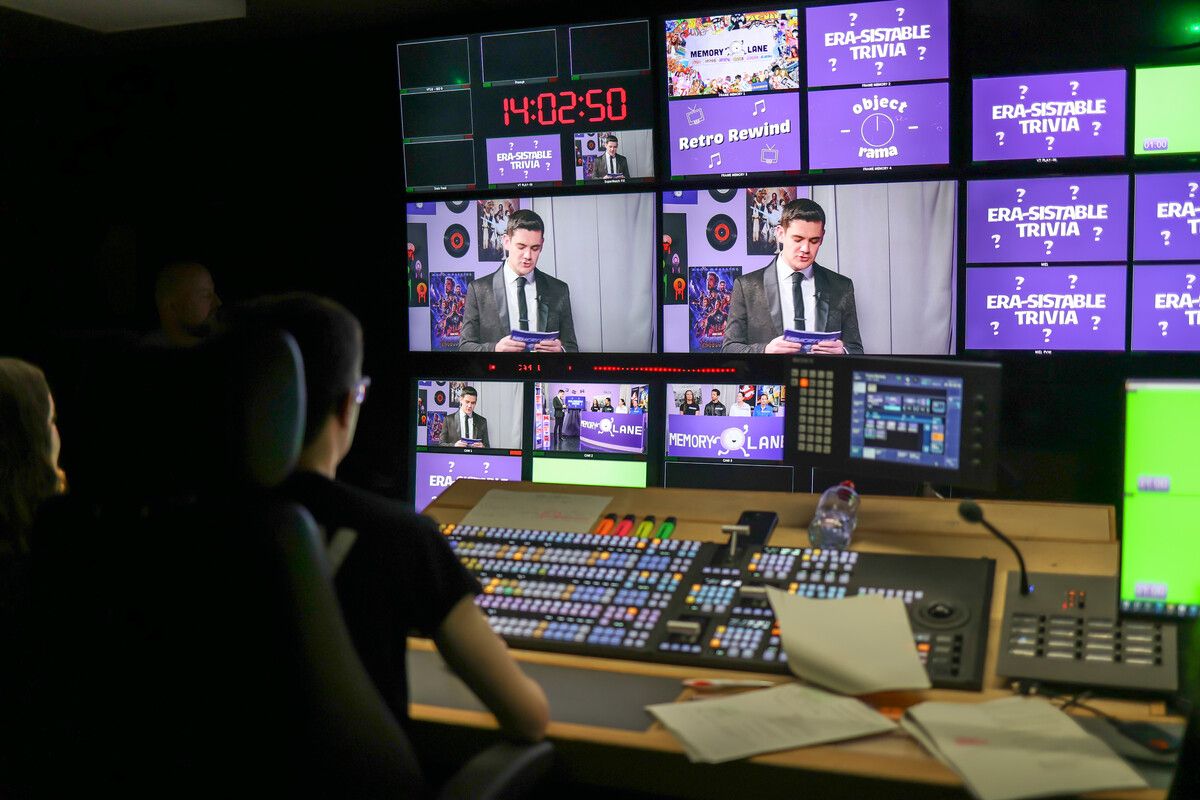
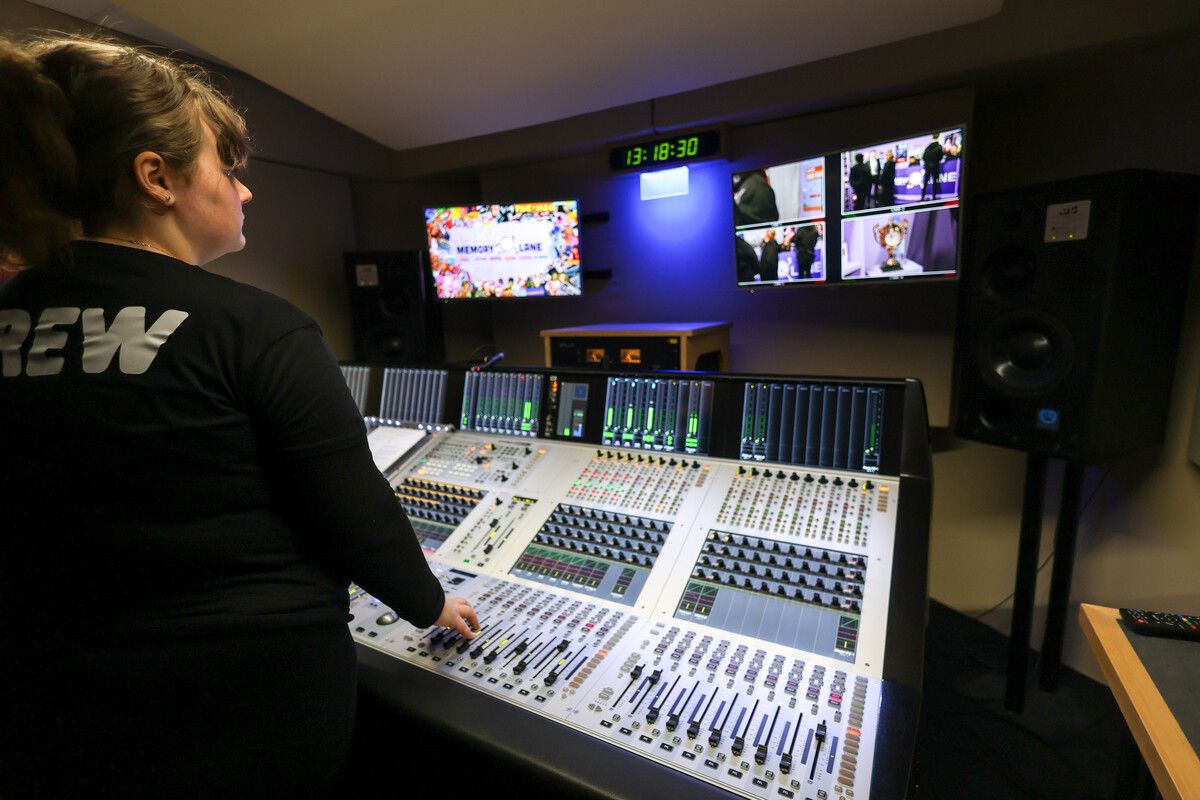
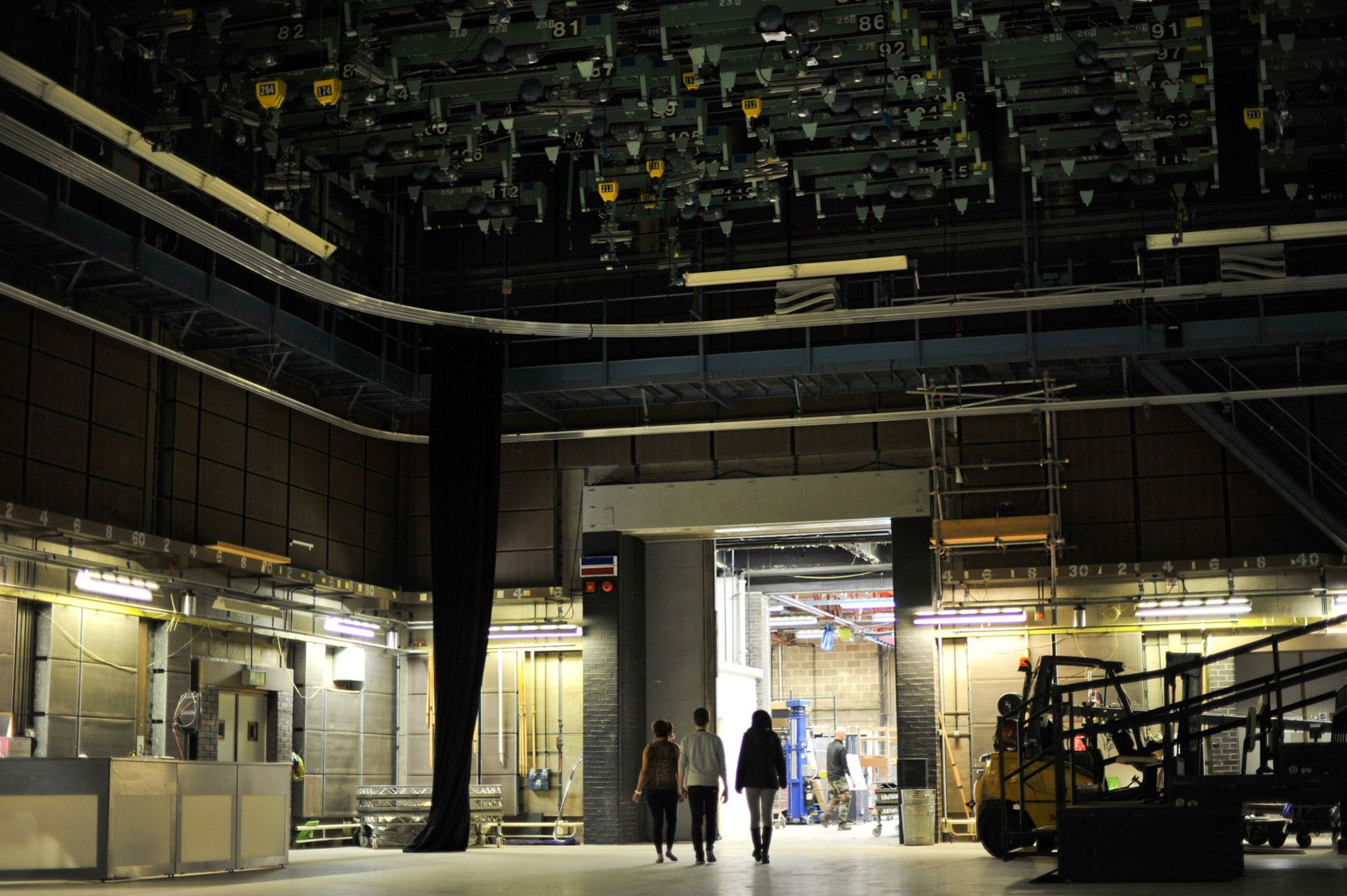
-Television-Production,-Maidstone-Studios-5.jpg)
/prod01/channel_8/media/marketing-media/quote-imagery/Wesley-Denne.jpg)
/prod01/channel_8/media/research-and-enterprise/staff-profiles/Mike-Rymer_2021.png)
/prod01/channel_8/media/research-and-enterprise/staff-profiles/moloney-fergus2.docx.jpg)
/prod01/channel_8/media/research-and-enterprise/staff-profiles/Laura-Coull_2021.jpg)
/prod01/channel_8/media/research-and-enterprise/staff-profiles/Katarina-Sengstaken_2021_web.jpg)
/prod01/channel_8/media/marketing-media/staff-profile-pics/chris-roberts.jpg)
/prod01/channel_8/media/marketing-media/cadell-oduola-in-birdland-by-simon-stephens.jpg)
/prod01/channel_8/media/marketing-media/student-work/undergrad-courses/animation/2024/Heather-Whelton_-BA-_Hons_-Animation_-UCA-Farnham.jpg)
/prod01/channel_8/media/marketing-media/campuses/farnham/facilities/film-studio-and-editing-suites/408-1222-Film-AVID-dubbing-suite,-UCA-Farnham_1.jpg)
/prod01/channel_8/media/marketing-media/student-work/undergrad-courses/design-for-theatre-amp-screen/2024/Tegan-Turner_-BA-_Hons_-Design-for-Theatre-_-Screen.jpg)
/prod01/channel_8/media/marketing-media/student-work/undergrad-courses/film-production/2024/BA-(Hons)-Film-&-Screen-Studies---Photo-by-Sambor-Czarnawski-Iliev-copy.jpg)
/prod01/channel_8/media/marketing-media/student-work/undergrad-courses/film-production/2024/BA-(Hons)-Film-Production.jpeg)
/prod01/channel_8/media/marketing-media/student-work/undergrad-courses/film-production/2024/BA-(Hons)-Studio-Practice-(Film).jpeg)
/prod01/channel_8/media/marketing-media/facilities-imagery/maidstone-studios/BA-TV-Production,-Maidstone-Studios_2.JPG)
/prod01/channel_8/media/marketing-media/campuses/farnham/facilities/virtual-production-amp-motion-capture-studio/VR-studio,-UCA-Farnham_1.1.jpg)
/prod01/channel_8/media/marketing-media/student-work/undergrad-courses/television-production-maidstone-tv-studio/2024/Hollie-Gregory-_-Lewis-Yates_-BA-_Hons_-Television-Production_-Maidstone-Studios_Still-2-copy.jpg)
/prod01/channel_8/media/marketing-media/student-work/undergrad-courses/television-production-maidstone-tv-studio/2023/Katie-Doe_-George-Walters_-Dov-Linkus_-BA-_Hons_-Television-Production_-Maidstone-Studios.jpg)
/prod01/channel_8/media/marketing-media/student-work/undergrad-courses/television-production-maidstone-tv-studio/2023/Ellie-Beckett_-BA-_Hons_-Television-Production_-Maidstone-Studios_1.jpg)
/prod01/channel_8/media/marketing-media/student-work/undergrad-courses/television-production-maidstone-tv-studio/2023/Behind-the-Scenes_-BA-_Hons_-Television-Production_-Maidstone-Studios_2.jpg)
/prod01/channel_8/media/marketing-media/student-work/undergrad-courses/television-production-maidstone-tv-studio/2024/Ryan-Perry_-BA-_Hons_-Television-Production_-Maidstone-Studios_BTS-1.jpg)
/prod01/channel_8/media/marketing-media/student-work/undergrad-courses/television-production-maidstone-tv-studio/2023/Behind-the-Scenes_-BA-_Hons_-Television-Production_-Maidstone-Studios_3.jpg)
/prod01/channel_8/media/marketing-media/student-work/undergrad-courses/television-production-maidstone-tv-studio/2024/Hollie-Gregory-_-Lewis-Yates_-BA-_Hons_-Television-Production_-Maidstone-Studios_Still-1.png)
/prod01/channel_8/media/marketing-media/student-work/undergrad-courses/television-production-maidstone-tv-studio/2024/Dana-Ben_-BA-_Hons_-Televison-Production_-Maidstone-Studios_Still-2.jpg)
/prod01/channel_8/media/marketing-media/student-work/undergrad-courses/television-production-maidstone-tv-studio/2024/Layla-O_Callaghan_-BA-_Hons_-Television-Production_-Maidstone-Studios_BTS-1.jpg)
/prod01/channel_8/media/marketing-media/student-work/undergrad-courses/television-production-maidstone-tv-studio/2023/Rose-Reber_-Anouk-Jansen_-Joey-Main_-BA-_Hons_-Television-Production_-Maidstone-Studios.png)
/prod01/channel_8/media/marketing-media/student-work/undergrad-courses/television-production-maidstone-tv-studio/2017/2nd-Year-Studio-Production.-TV-Production.-Maidstone-Studios.jpg)
/prod01/channel_8/media/marketing-media/student-work/undergrad-courses/television-production-maidstone-tv-studio/2020-2022/Will-Crump,-BA-(Hons)-Television-Production,-Maidstone-Studios_2021_2.jpg)